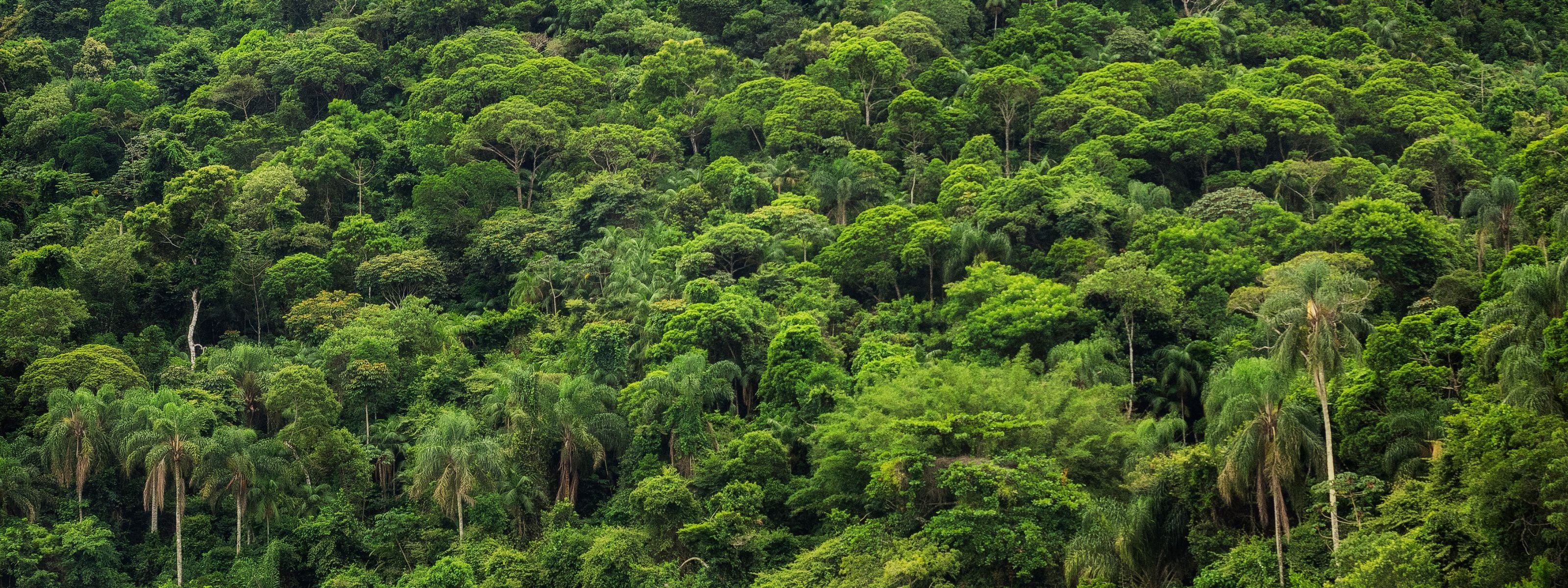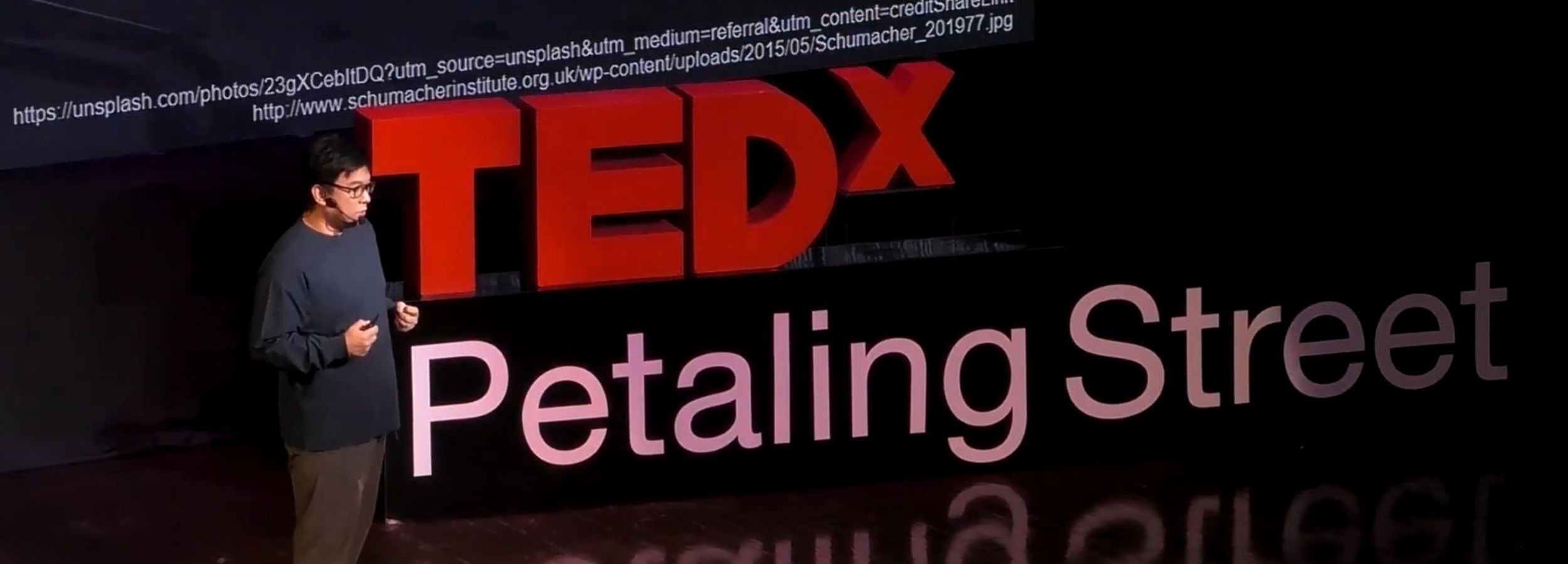Do not wait for extraordinary circumstances to do good action, try and use ordinary situations
JEAN-PAUL RICHTER
WHAT WE ARE TRYING TO DO
OUR BELIEF
Governments are elected by the people. Businesses exist because people choose to buy from them. In the end, it all comes back to people. If we can shift what people value—if we can inspire them to care not just about convenience, but about impact—then perhaps there’s a real chance for change.
Our goal is to be more than just a store. We want to be a space of inspiration—a place where change feels possible, not pressured. Where we don’t just sell products, but offer stories, knowledge, and quiet encouragement. Maybe you’re not ready to act today, and that’s okay. But let us share something you might not have known before. Because sometimes, all it takes is one new thought to begin a different journey.
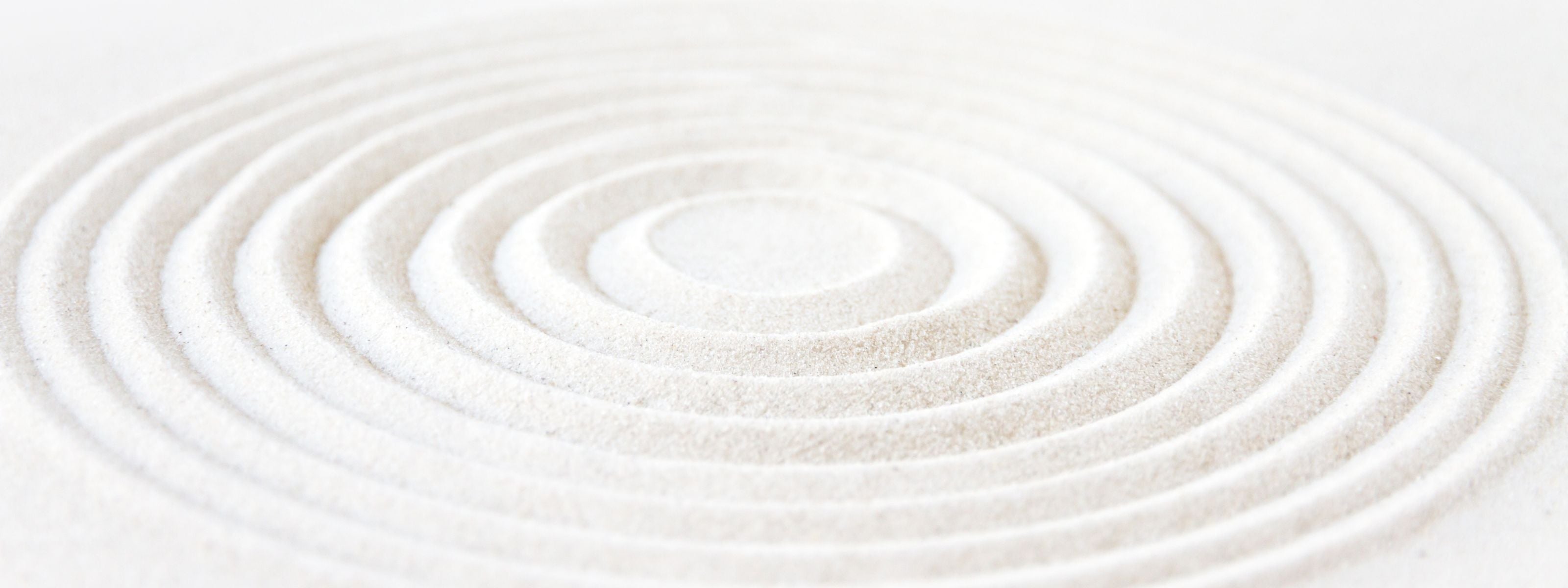
CIRCULARITY IS THE FUTURE OF SUSTAINABILITY
Let’s rethink how we can reuse packaging, materials, and ingredients—so we reduce the need to create more in the first place.
WHAT are we?
STORE FOR GOOD
We carry products guided by the philosophy of Better for You, Better for the Planet. Our shelves are filled with local Malaysian brands that are made here and committed to reducing their environmental footprint. We prioritise working with social enterprises and conscious makers—like Bungkus, which turns recovered Type 4 (LDPE) plastic into everyday items; Fuze Ecoteer, known for organising clean-ups and upcycling Type 2 and 5 plastics; and Muni, with its stunning plant-dyed textiles. You’ll also find eco-friendly essentials from Saffron & Serai, makers of reusable batik beeswax wraps.
WALK THE TALK
While many brands talk about being eco-conscious, we invite you to visit us and see it in action. Re{me}dy is a recycling drop-off point—but for us, recycling is the last resort. We focus on reuse and upcycling: boxes dropped off by customers are used for deliveries, and we don’t produce our own shopping bags—we only offer reused ones, and only when truly needed. We also upcycle jars and personal care bottles, which are often unrecyclable due to mixed materials. We collect and repurpose our neighbor's used coffee grounds into our upcycled body care formulas. We believe that by seeing that we actually do these will inspire others to rethink their impact—and take small steps toward a more responsible future.
CIRCULAR BUSINESS
At Re{me}dy, we believe the future of business is circular. That means designing products and systems that minimise waste, and reuse what already exists. We’re constantly looking for ways to transform discarded ingredients into something useful—whether it’s turning used coffee grounds into body scrubs or finding a second life for surplus plant materials. We’re also working toward offering more of our products in refillery format, allowing customers to refill their personal care and household essentials without creating more packaging waste. Our circular approach isn’t perfect—but it’s progress. We’re learning and changing every day.
GO LOCAL
The simplest ways to help our Planet is to buy local. Supporting locally made products reduces emissions from transportation, keeps resources circulating within our communities, and helps build a more resilient, sustainable economy.That’s why we actively scour the country to discover and stock some of the best local brands—makers who are committed to quality, ethics, and ecological responsibility. We give them shelf space and support so they can grow, improve, and continue doing better. We’re proud to say that almost everything we stock is made in Malaysia. Only when there is something we simply can’t find produced locally, will we look beyond our borders. Even then, we choose mindfully, always guided by purpose and impact.
BE CONTENT
We make in small batches intentionally. In a world driven by capitalism and unchecked growth, we believe contentment is a radical act. We don’t aim to scale endlessly or chase profit at all costs. We simply want to make enough to support ourselves, sustain our work, and create with care. Even as small-batch makers, we still face minimum production quantities and operational pressures—but we hold on to the belief that “enough” is enough. We’re not here to become the biggest. We’re here to be responsible, thoughtful, and honest—to prove that it’s possible to run a business that makes money and does good for the planet. We aspire to be like Patagonia, who have shown the world that you can lead with purpose and still thrive. Our hope is to inspire other businesses to rethink ambition—not as a race to the top, but as a chance to do things differently, and better.
WALK THE TALK
WHAT WE ARE DOING?
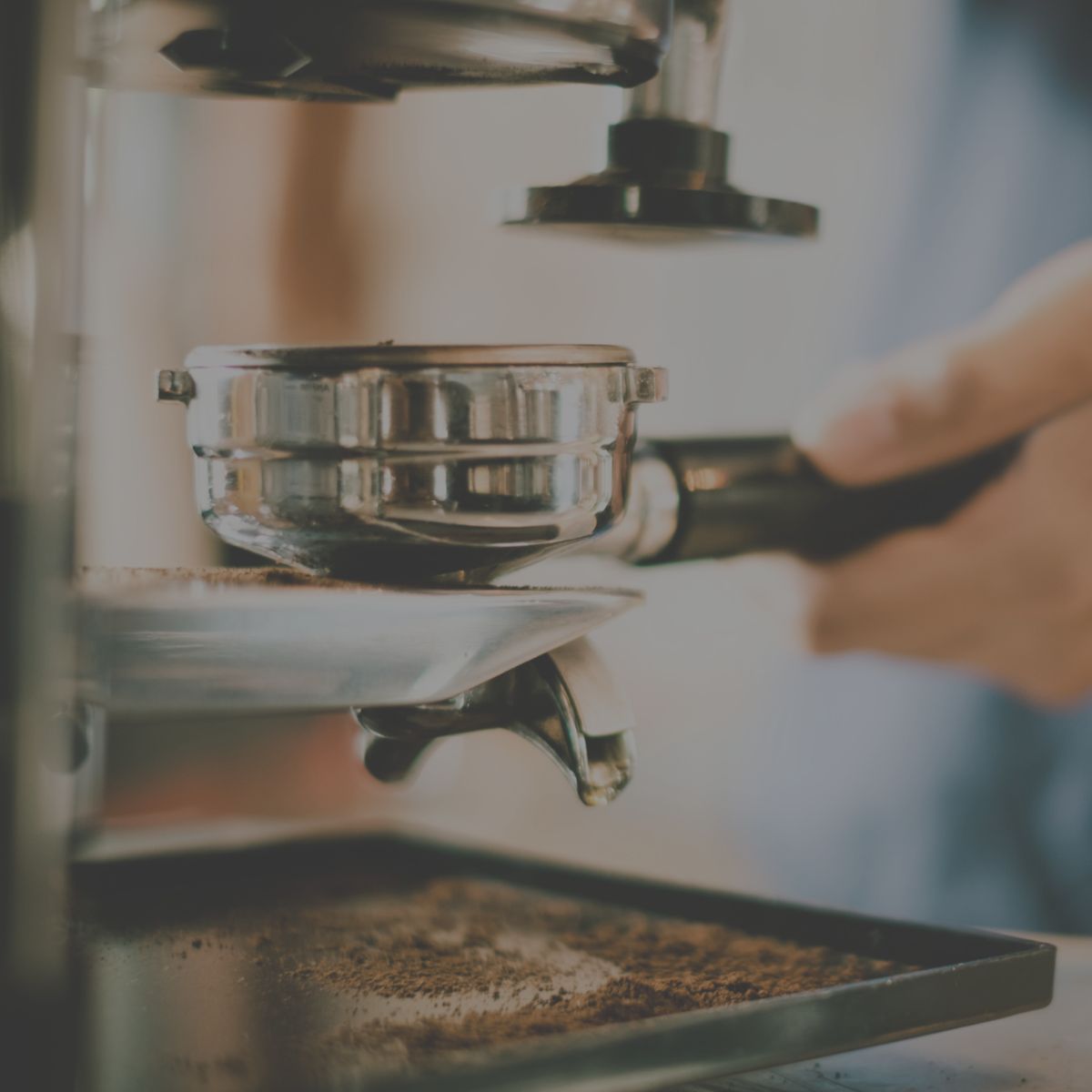
WALK THE TALK, Don't JUST TALK
CIRCULAR COFFEE
to the soil — they end up buried in landfills, where they decompose without oxygen and release methane and carbon dioxide, two potent greenhouse gases contributing to climate change.
The Circular Coffee Project is our effort to change that. In our store, we are experimenting and creating an open-source guide to help cafés easily dry and repurpose their coffee grounds into useful, upcycled materials — from scrubs to compost to incense. It’s a small shift with big potential, turning daily waste into a circular, climate-friendly solution.
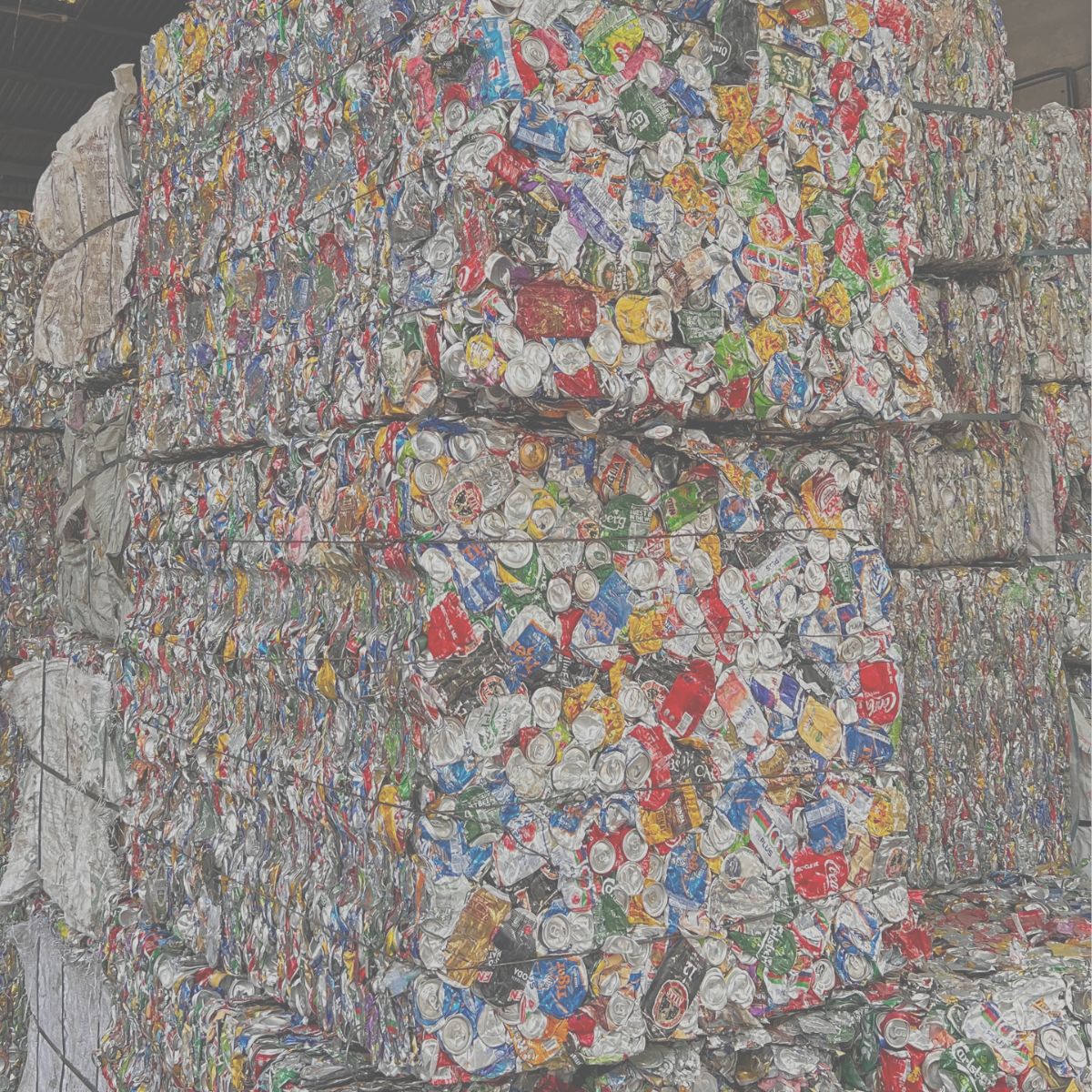
WALK THE TALK, DON'T JUST TALK
recycling / upcycling
Since day one, we’ve partnered with TRASHCYCLE as a drop-off point for recyclables — but we treat recycling as a last resort.
We prioritise ReUsing and UpCycling: Bottles are sanitised and made available for refills, Shopping Bags are collected and reused ONLY for customers who need them, and Boxes are repurposed for our own orders or shared with nearby retailers.
Plastics are sorted — Type 2 and 5 are sent to Sustained or NatureLoop, and Type 4 to Bungkus. Our goal is to make Waste NOT Waste.
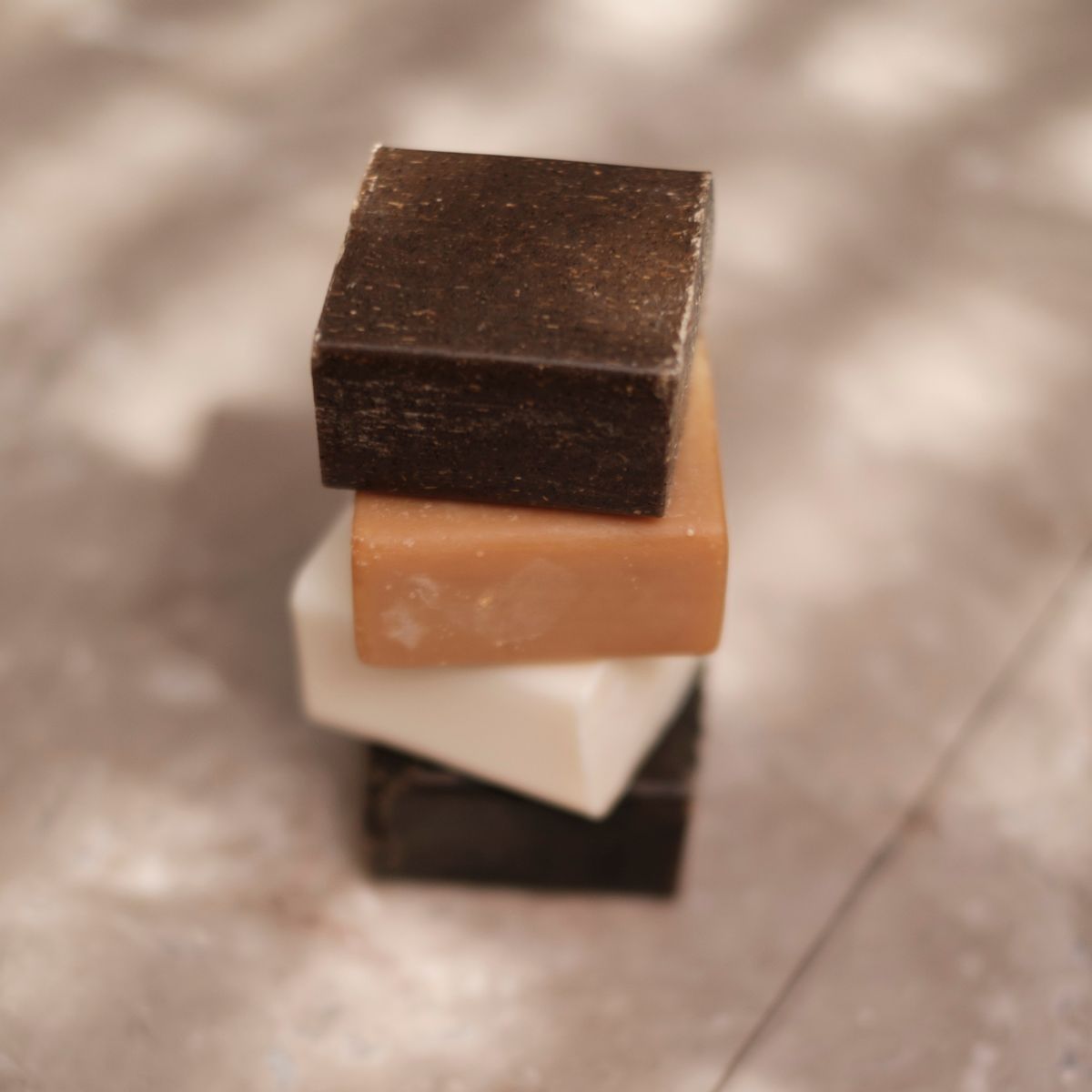
Walk the Talk, Don't Just Talk
GOOD SOAP
In 2021, we launched The Good Soap Project after discovering that many factories dispose of excess ingredients left over from production. We partnered with small makers to turn these surplus materials into limited batches of solid soap bars.
The program paused in 2023 when we downsized — each batch required unique development and was costly due to small production runs. Unfortunately, our makers couldn’t continue it independently, but we remain hopeful that we can revive the project in the future.
It was our way of giving unwanted ingredients a second life, rather than letting them go to waste.
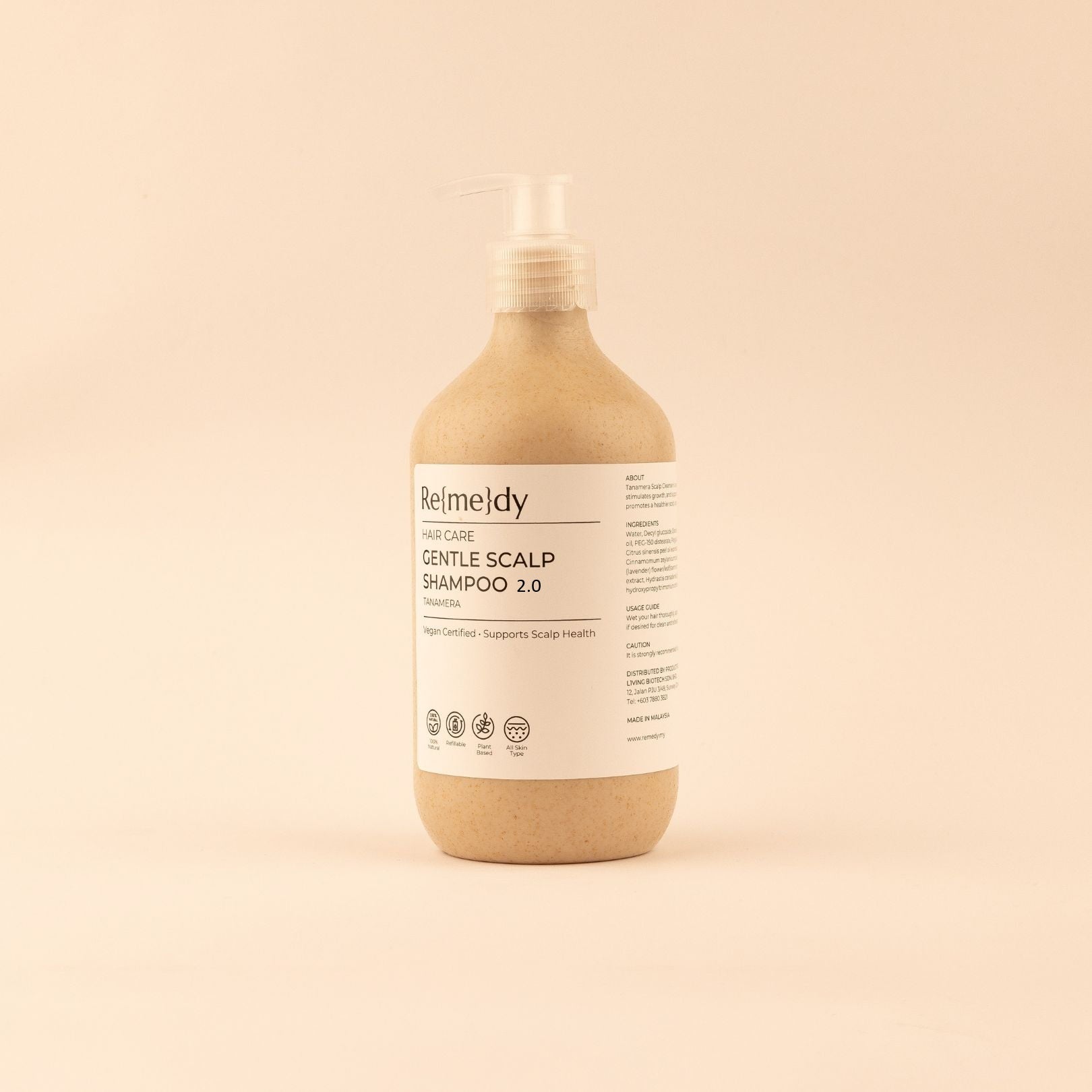
Walk The Talk, Don't Just Talk
Bio-Plastic Packaging
We were the first in Malaysia to use bio-plastic (PLA) bottles for our products. Unable to source them locally, we imported 15,000 bottles from China in 2022 — not as a smart business move, but to set an example and encourage others to follow.
PLA bottles degrade faster than petroleum-based plastic, but they’re still plastic. We initially used amber glass, but switched after learning glass is difficult to recycle in Malaysia and unsafe for bathroom use.
We’re still using PLA today, with over 12,000 bottles left — and while we’re seeking better options, change isn’t easy when you start early.
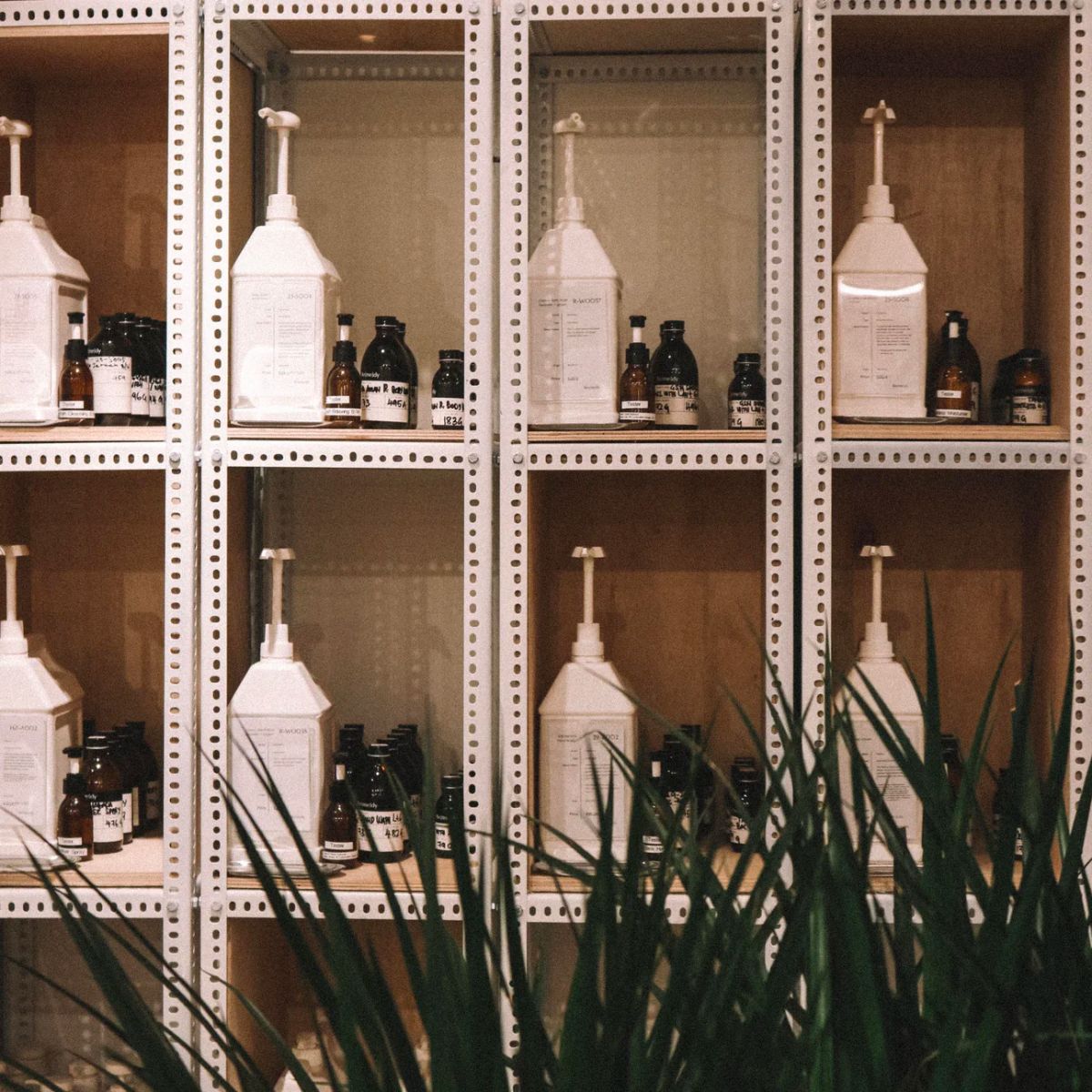
Walk the talk, Don't Just Talk
The Refillery
When we first launched, every product (even skincare) was available in refill format. But we soon realised our setup wasn’t suited for skincare refills without a clean-room environment.
In 2023, during a business rationalisation, our product and refill range was drastically reduced. By late 2024, we began rebuilding our refillery, this time with balance in mind: prioritising products customers genuinely support.
While we remain committed to reducing waste, we’ve learned that idealism must meet practicality — offering bulk refills only where it makes sense, so we don’t risk creating more waste than we prevent.
Frequently Asked Questions
There is only one Re{me}dy and we are at 80G, Jalan Rotan, Off Kampung Attap.
The answer to that is it has been difficult. Though we know and can make products at the little kitchen behind, we are not allowed to. We have to produce with a GMP factory which needs us to order a certain volume.
It has been difficult to completely sell through the products, and we have to resort to promotions and discounts to clear them when they near expiry or show signs of slowing sales.
In the past, we had to dispose of products we cannot sell. It has become better last year (2024) when we focused on corporate opportunities where we get projects that would help consume the products regularly.
We are working on scaling our operations to see how we can open another location to help increase the sell-through of the products.
Yes we do. We are the drop-off site for Trashcycle. You can drop off your cleaned recyclables at our store where we help accumulate to be picked up by Trashcycle.
Upcycling is the art of turning something unwanted, or “waste” into something useful — giving it a second life instead of sending it to landfill or recycling.
At Re{me}dy, we upcycle in a few ways:
We rescue packaging, containers, and materials that would otherwise be thrown away and repurpose them.
We collaborate with local artisans and environmental partners to transform “waste” into functional products.
♻️ Recyclables
– Clean glass jars and bottles (with or without lids)
– Plastic containers / Bottles (PET, HDPE – check for recycling symbols)
– Aluminum cans, tins, spray bottles, and metal caps
– Paper and cardboard (non-glossy)
– E-waste: old electronics, wires, chargers, small appliances
🔁 Upcyclables
– Small Containers / Jars with lids
– Bottles with caps [100ml and above]
– Clean pump bottles or droppers
– Metal items: small pots, utensils, and tools
– Shopping bags: paper, fabric, or plastic
– Type 4 [LDPE] soft plastic bags, packaging
Please make sure everything is clean, dry, and safe to handle before donating.
Zero Waste Malaysia has created an excellent resource called Trashpedia — a comprehensive guide that breaks down what common waste items are made of, and whether they can be recycled in Malaysia. It helps you identify the material types, understand their recyclability, and offers tips on proper disposal or reuse.
- When you bring it in, we will do another round of resorting [preferably with the customer]
- We will upcycle and re-use what we can
- Whatever else that is recyclable, we pass it on to our recycling partner, Trashcycle.
Natural products are generally biodegradable, less toxic, and gentler on the planet — from the way they’re made to the way they’re washed down the drain.
Unlike synthetic ingredients, which can persist in the environment and pollute waterways, plant-based ingredients break down more easily and return to nature without leaving a harmful trace.
They also tend to be less resource-intensive when grown and harvested responsibly, and don’t rely on petrochemicals or harsh manufacturing processes.
Used coffee grounds may seem harmless, but when they’re thrown into landfills, they can contribute to environmental harm. As they break down without oxygen (anaerobically), they release methane — a greenhouse gas that’s over 25 times more potent than carbon dioxide.
Coffee grounds are rich in nutrients and don’t belong in the trash. When composted, upcycled, or reused (like in body scrubs or gardening), they become a resource — not waste.
That’s why we believe in giving coffee grounds a second life and encourage the cafes around us to become more responsible.
Note - this is also the case for any organic waste that isn’t composted. When we throw food waste into the bins, they end up in landfills and harm our environment.
Buying local reduces the need for long-distance transportation, which means lower carbon emissions and less fuel consumption.
When you buy local, you’re also helping to cut down on excessive packaging, warehousing, and cold storage — all of which contribute to environmental impact.
I am the Chief Rubbish Engineer & I am proud to be one.
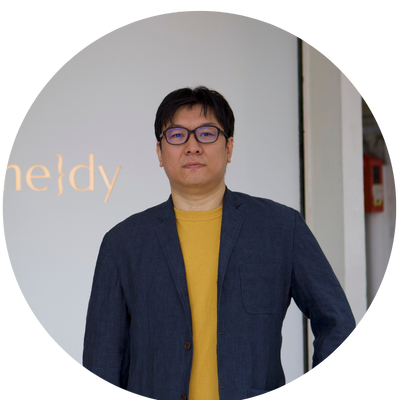
Jon Lee

